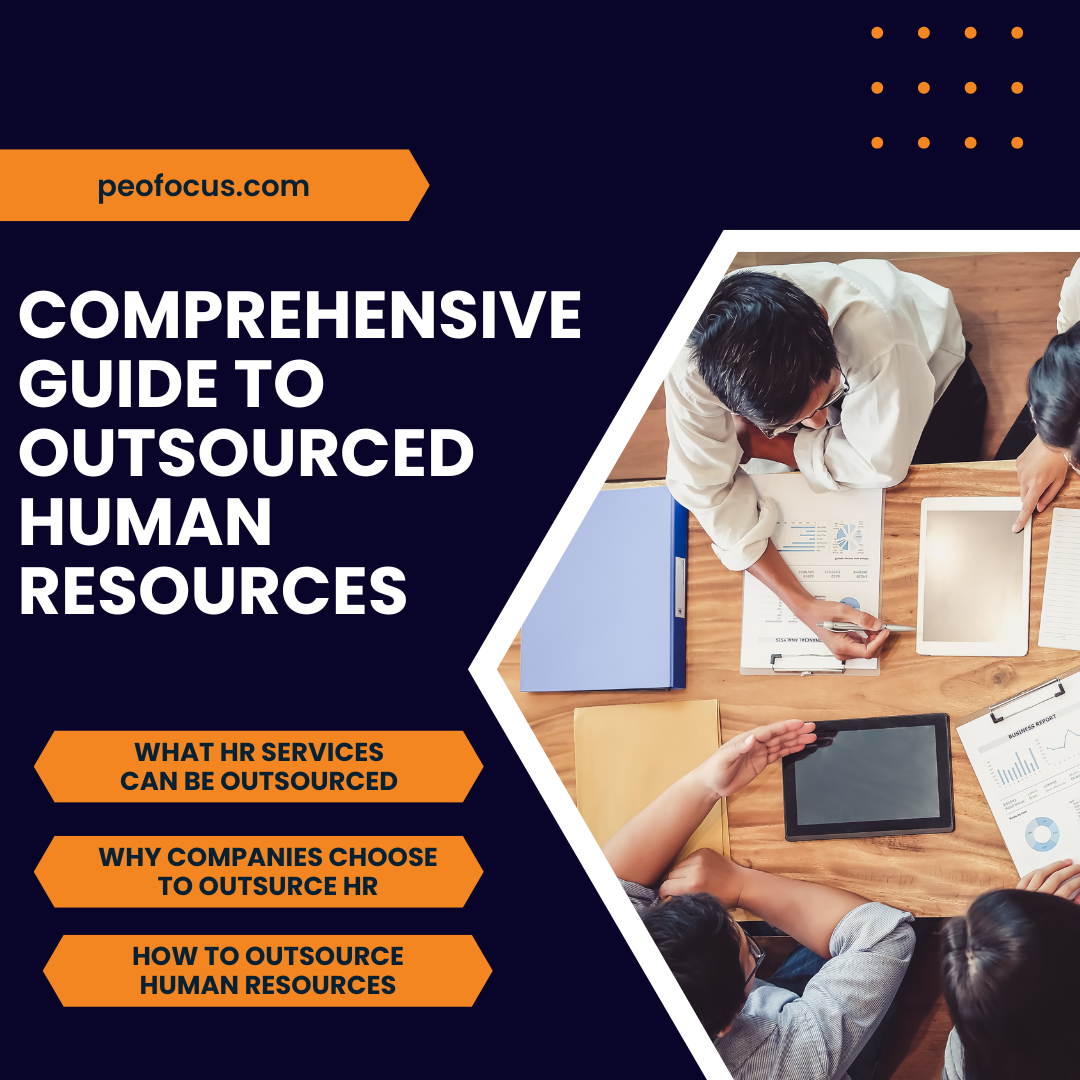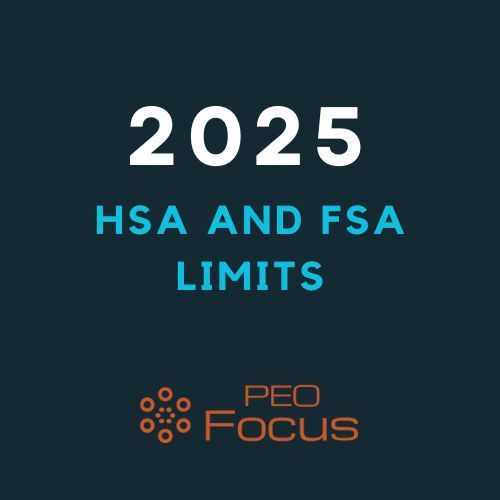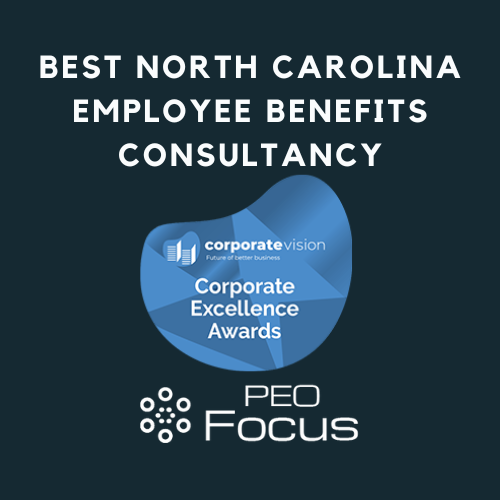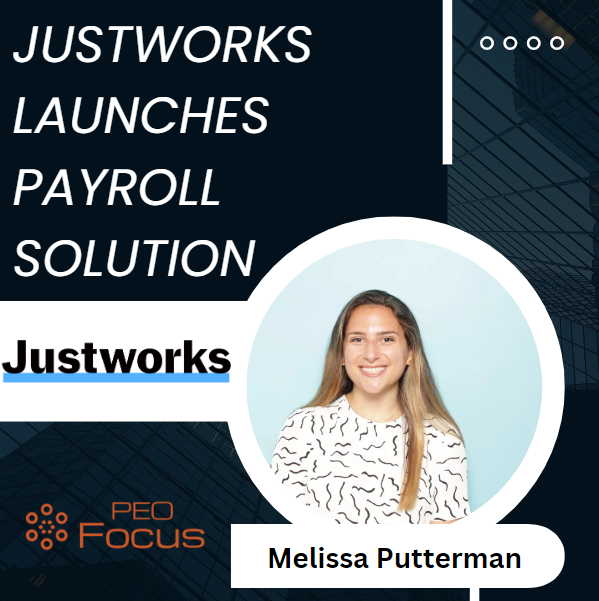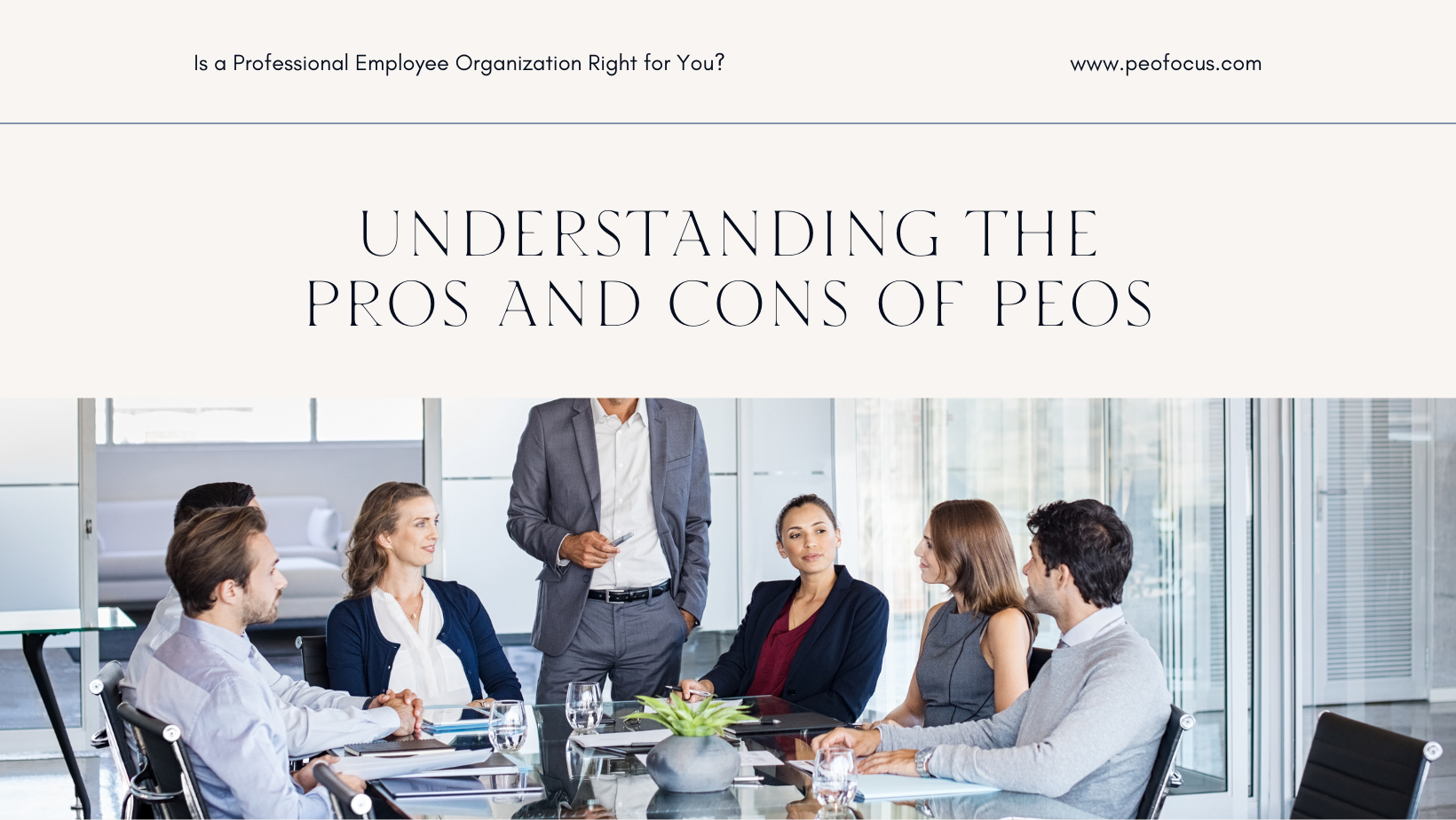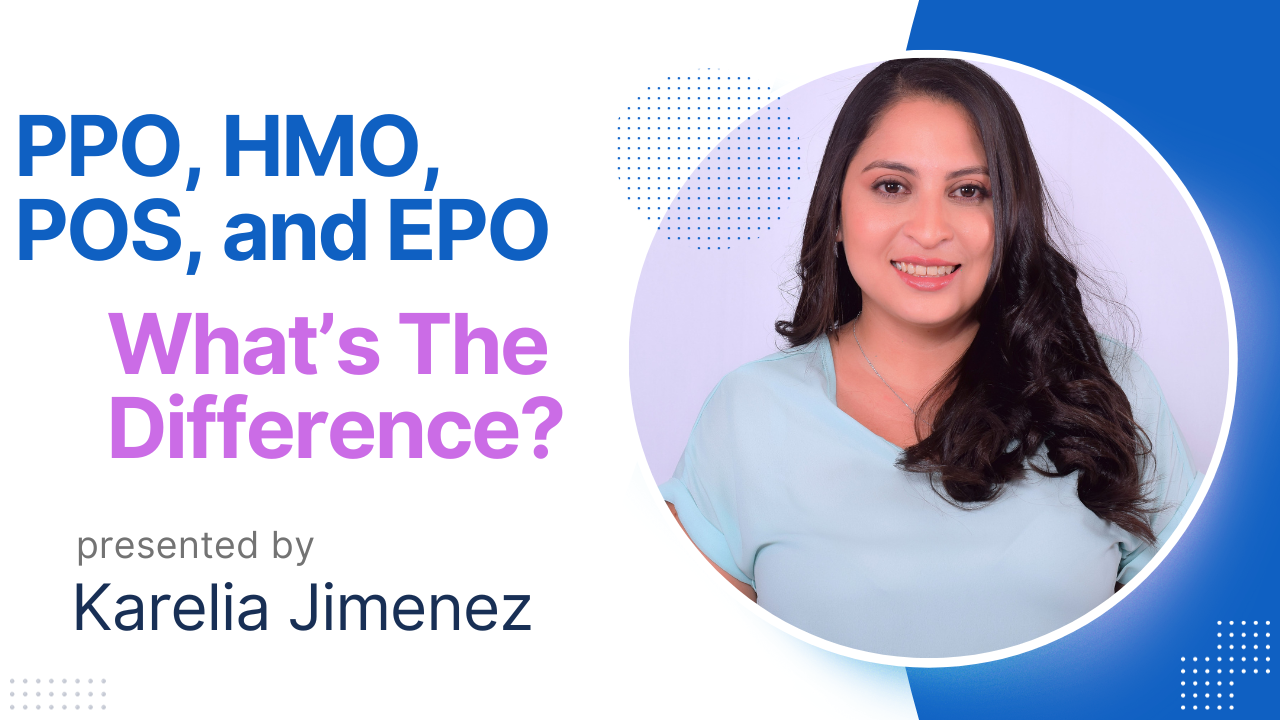Marti Del Negro is the Senior Director of International Development with Global Expansion, an International Employer of Record Company with solutions in over 214 countries. Working with a PEO & EOR allows you to quickly build out your distributed workforce anywhere in the world. Global Expansion assists their clients by taking responsibility for all legal, compliance, HR, payroll, tax and employee benefits for a global team.
Employer of Record for International Employees - Explainer Video
The Advantages of Employer of Record
Marti Del Negro, the Senior Director for International Development at Global Expansion and EOR Advisory goes into details on how companies can utilize Employment of Record Services to expand their workforce by utilizing employees internationally.
As technology continues to evolve and employers become more well versed at leveraging employees ability to work nearly anywhere in the world we are seeing more employers expand their talent acquisition searches to include an international workforce. While companies can certainly manage international employees in house, solutions like partnering with an Employer or Record company can help them limit their risk.
Employer or Record (EOR) providers allow companies to partner with them to outsource their compliance and liability risks.
The Role of the Employer of Record
The EOR is tasked with the administration and guidance surrounding the complexities of navigating international guidelines such in areas that include:
Labor Laws
Taxes
Employee Benefits
Entity Establishment
Cost Savings
The EOR essentially provides access to an international Human Resources Department that can educate and simplify your needs.
For those that are unable to watch the video here is a transcript that is approximately a 4 minute read:
I'm Marti Del Negro, the Senior Director for International Development here at Global Expansion and EOR Advisory.
Now, you may have heard the term EOR, but what does it mean and how does it work? We'll take a look at that and some common use cases.
EOR simply means employer of record, and it's an employment practice that allows a company to hire an employee in any country around the world legally and compliantly, even when they don't have an entity established there.
It's been around for almost 70 years, but it's really taken off since COVID when the whole world started working from home. Lots of new companies have entered the space, and global employment is no joke.
You'll want to do your due diligence when selecting a partner, but we'll talk about that separately. For now, let's look at the practice.
EOR is really co employment. So the EOR owns all functions related to HR, legal tax and payroll.
They're managing the employment contract onboarding and offboarding, payroll tax remittance, benefit coordination.
But the company is really having that day to day engagement and management of the employee.
They determine workload work hours. They'll do performance appraisals and approve leave and expense reimbursement.
They're in charge of compensation and all decisions around dismissal, if appropriate. Now, there's a few different ways we see it used most commonly today, and the first is in talent attraction or retention.
The US. Labor market is just tight right now, and critical roles are going either unfilled or it's taken a really long time to find the right talent.
EOR gives a company access to the entire global talent pool, so they no longer have to settle for someone who is maybe not the best fit.
Just because they're local, they can hire the actual right person for the job.
We're also seeing more companies have employees come to them saying, I want to go live abroad for a year.
If an employee is a valued one, then EOR gives a company the ability to let their employees move abroad. It helps increase their engagement and helps with retention.
We also see it used a lot for cost reduction.
The reality is just nondomestic talent is oftentimes much less expensive.
Within that talent pool you have highly educated, fluent, English speaking workers who are very motivated to work and are willing to work a US. time schedule.
The last thing that we see a lot lately is in market entry or expansion.
If a company wants to try on a new market, they don't have to establish an entity and waste the time and resources.
EOR allows you to enter the market, employ there immediately, and try it on, see if it's a good fit. If not, you quickly and easily and with very little cost can exit the market.
So it's easy entry, easy exit, or you may find that there is a country that the company should be in and you know it EOR gives you an interim solution as the entity is being established.
Because in many countries around the world, that could take six, nine and twelve months.
EOR allows you to hire immediately begin taking advantage of working in that market. And then when the entity is established, you simply transfer the employees over so that's you are in a nutshell.
I hope this is helpful for you, and if I can ever answer any questions for you, please do reach out.
About the Author
